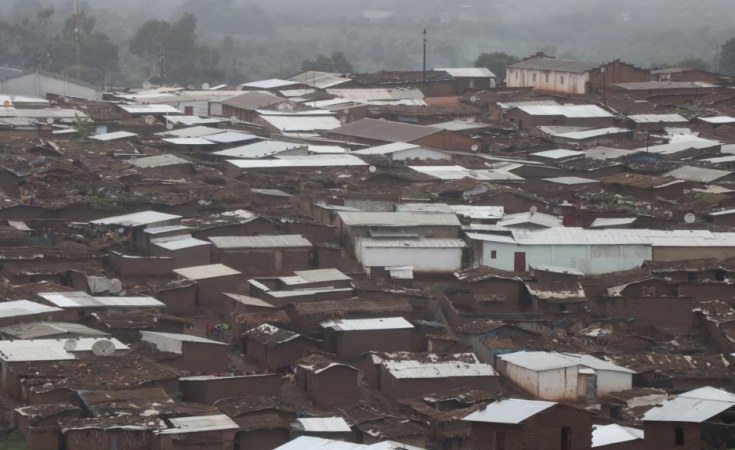Blantyre, Malawi — The Malawi government says it will forcibly open 125 containers confiscated from refugees and asylum-seekers living outside a refugee camp. Police say the containers were confiscated on suspicion they contain, among other things, firearms and counterfeiting machines.
Malawi police said in a statement that the exercise, expected to start on Aug. 28, is in line with a court order on appropriate procedures to open the confiscated containers.
"Basically the court ordered that during the date of opening, all the bonafide owners of the containers should be present," Malawi Police Service spokesman Peter Kalaya said. "Again, the whole process should be supervised by the court itself, so there will be a judge or magistrate in charge. Again, the court identified a number of stakeholders to be present as witnesses."
Kalaya said the witnesses would include officials from the United Nations' refugee agency, UNHCR, the National Intelligence Service, the Ministry of Homeland Security and the Parliamentary Committee on Defense and Security.
Police in Malawi confiscated the containers during an exercise to forcibly relocate refugees staying outside the country's Dzaleka refugee camp.
The Malawi government said the forcible relocation, which started in May, was in line with its encampment policy, which prohibits refugees from staying outside the refugee camp.
The government also said by staying outside a designated camp, the refugees were posing a threat to national security.
However, local and international rights campaigners have long been asking the government to stop the relocation exercise, saying it was being carried out in a dehumanizing manner.
Human Rights Watch said in a statement in June that forcible relocation violates international conventions for refugees, which Malawi ratified.
The rights organization also said it had learned that some refugees were allegedly assaulted during raids and that their money was taken.
However, Kalaya said police confiscated the containers for safekeeping.
"When we started our operation, most of the containers were abandoned by the owners. But looking at the situation, the way it was, we just added padlocks to the containers and moved them to police national headquarters for safety. While others that were too heavy to be moved were left at the scene, we left our officers to guard them," he said.
Kalaya also said the containers were confiscated on suspicion that they contained instruments for committing various crimes, including firearms and machines for making fake currencies and minerals.
In a statement, the police asked owners of the confiscated containers to bring relevant identification, which include refugee identity cards, permits to own firearms, permits to keep foreign currency, and business registration permits.
The statement also said those who fail to attend the exercise or bring the required documents will have their property disposed of in line with Malawi legislation.
Burundian refugee Ngendakumana Zakayo, the community leader at the Dzaleka refugee camp, told VOA there is a likelihood that some of the confiscated containers have already been tampered with and then locked by police themselves.
He says they have information that some of the containers suspected of containing a lot of money were opened, and all the money that was there was taken, and new locks were fitted.
"We also fear that those who were doing this would also have a chance to put some things inside the containers to tarnish the image of the owners," he said.
Charles Kajoloweka represents 12 civil society organizations that last week wrote the Malawi police to stop the forcible relocation of refugees.
He told VOA it would be difficult to believe that the forcible opening of containers confiscated from refugees will be done in good faith.
"Basically what we are seeing is that there is a potential bias to portray asylum-seekers and refugees as a threat to national security and economy," he said. "Just from that perspective already, you can see that this exercise to open the containers is aimed at justifying the narrative the government has been parading so far."
Police spokesperson Kalaya dismisses those speculations, saying the exercise to forcibly open the confiscated containers was sanctioned by the court and not the police.
Police said the aim is to show transparency and accountability on how the relocation exercise is being conducted.


